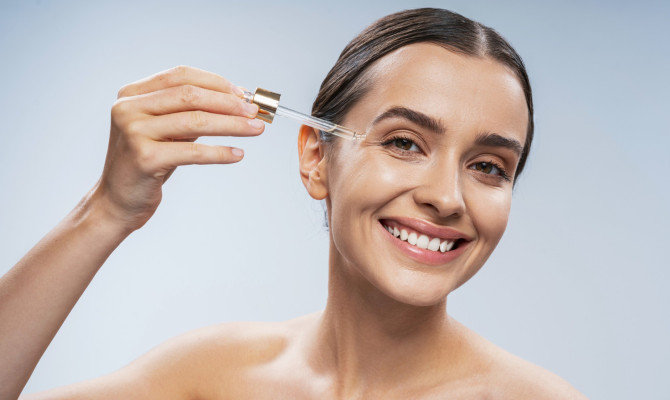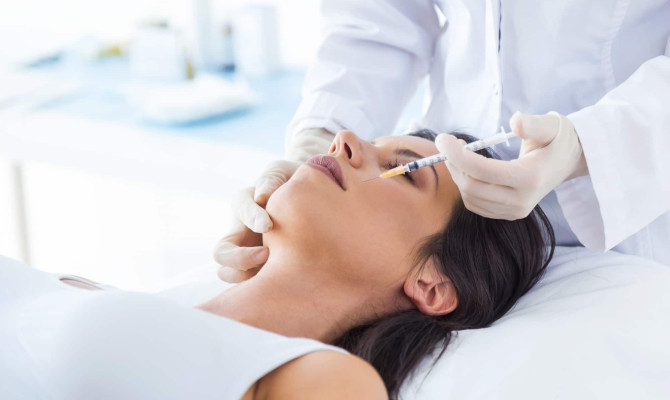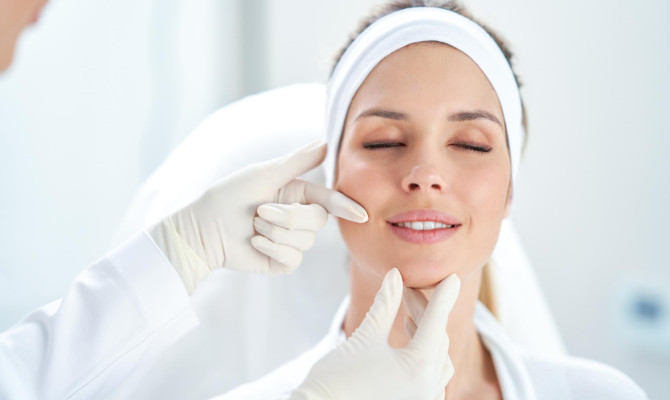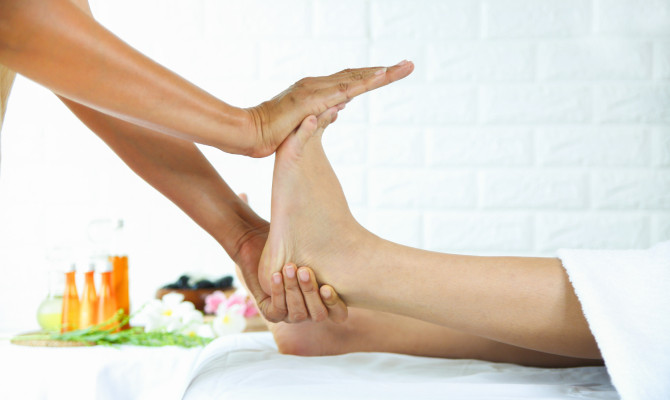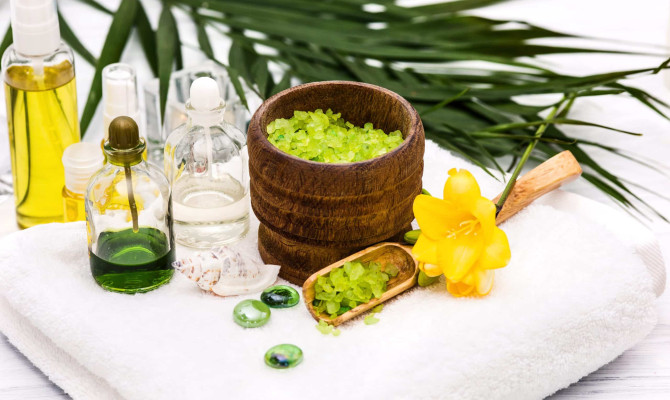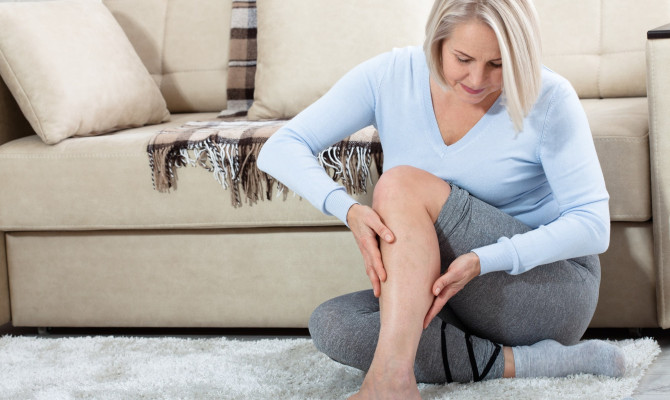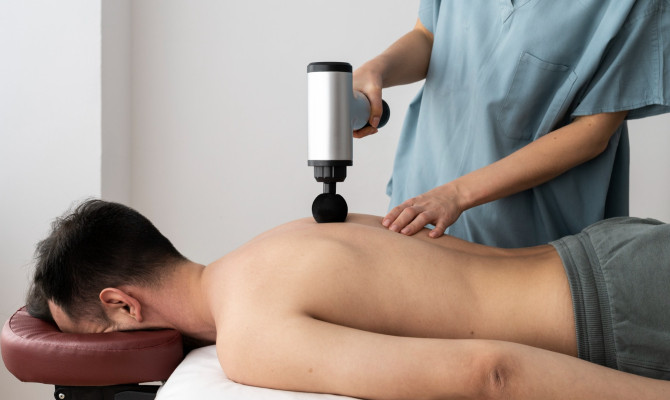Is Dandruff Contagious? Myths & Facts About Dandruff

- Dandruff
- 05 Oct 2023
Introduction
Dandruff
Dandruff, pesky white flakes that can land on your shoulders and make you feel self-conscious, is a common scalp condition affecting millions worldwide. Despite its prevalence, it remains a subject of numerous myths and misconceptions. One of the most persistent misconceptions is whether dandruff is contagious. Can you catch dandruff from someone else, like a common cold, or a contagious skin condition?
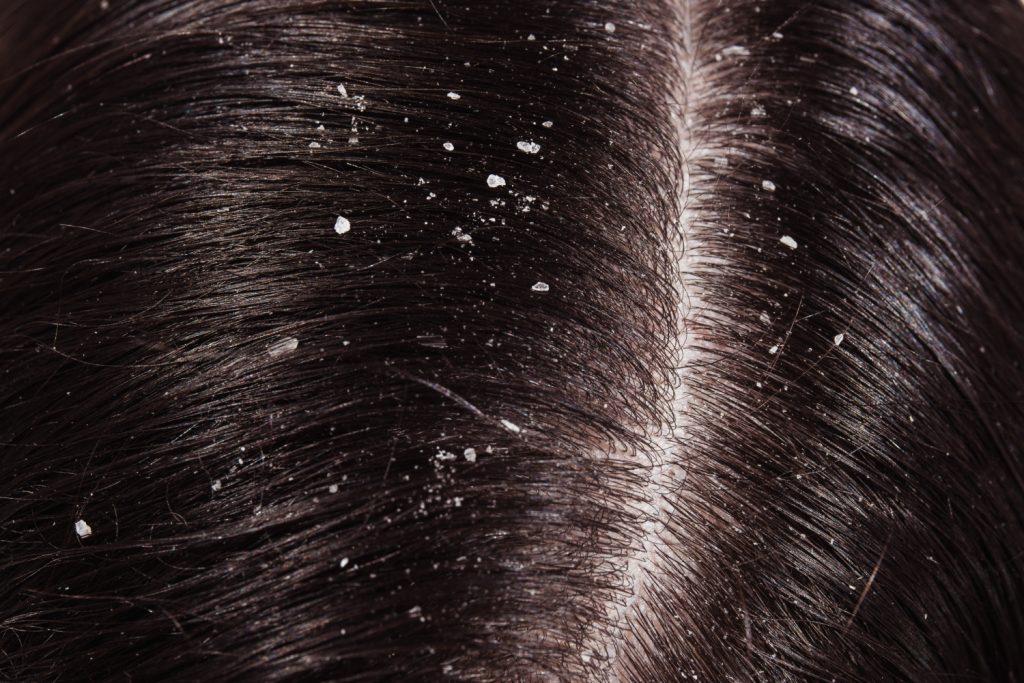
This article will uncover the truth about dandruff and its contagious nature. We’ll look into the underlying science, symptoms, and causes of its occurrence. Most importantly, we will address the age-old question: Can you spread dandruff to others? When you finish reading, you will clearly understand the scalp condition and be better equipped to manage it while putting those contagious dandruff concerns to rest.
What is dandruff?
A common scalp problem known as dandruff is characterized by the scalp shedding tiny, white or yellowish flakes of dead skin. These flakes often appear in the hair, on clothing, or even on the shoulders, giving the appearance of a dry, flaky scalp. It can be accompanied by itching and irritation of the scalp. 1 Introduction | Researched based study from National Institutes of Health
Symptoms
Symptoms of Dandruff
Here are some common symptoms:
- Flakes
- Itching
- Dryness
- Redness
- Oily scalp
- Hair and scalp sensitivity
Flakes:
- The presence of white or yellowish flakes on the scalp and in the hair is the most obvious sign of dandruff. These can be big or little, are frequently seen on garments.
Itching:
- It can cause a rash on the scalp. The presence of the Malassezia fungus and the irritation brought on by the loss of dead skin cells frequently cause the itching.
Dryness:
- Some people with dandruff experience dryness of the scalp, which can make it feel tight and uncomfortable.
Redness:
- In some cases, it can cause mild redness or inflammation of the scalp, mainly when there is frequent scratching.
Oily scalp:
- While dryness is a symptom for some, others may have an oily scalp alongside dandruff. Excess oil production can contribute to the condition.
Hair and scalp sensitivity:
- Dandruff can make the scalp and hair more sensitive to external factors like hair care products and environmental irritants.
It’s significant to remember that the degree and appearance of the symptoms can differ from person to person. Dandruff is typically not a severe medical condition. It can be bothersome due to itching and the visible flakes it produces. 2 Symptoms | Researched based study from Science Direct
Causes
What Causes Dandruff?
Malassezia fungus
- The overgrowth of Malassezia, a yeast-like fungus, is one of the main causes of dandruff. This fungus causes itchiness and flaking by feeding on the natural oils produced by the scalp.
Dry scalp
- Despite popular assumption, dandruff is not the same as a dry scalp. However, dry skin on the scalp can make it more prone to flaking and itchiness.
Excess sebum production
- On the other end of the spectrum, excessive sebum production can contribute to dandruff. Malassezia may flourish in an environment made possible by the extra oil.
Skin disorders
- Some skin conditions, such as psoriasis and eczema, can cause symptoms that resemble dandruff, such as flaking and itching.
Stress and diet
- Stress and an unbalanced diet can indirectly affect scalp health and potentially trigger dandruff in some people.
Improper hair care
- In frequent washing, using harsh chemicals and shampoos are not rinsing hair thoroughly can lead to the buildup of oils and dead skin cells increasing the likelihood of dandruff.
Environmental factors
- Extreme cold or dry weather can exacerbate dry scalp issues, while excessive heat and humidity may encourage the growth of Malassezia. 2 Causes | Researched based study from Science Direct
Myths & Facts
Myths & Facts about Dandruff
i) Understanding Scalp Health:
Natural skin shedding
- Dead skin cells are naturally lost from the scalp, much like the rest of your body’s skin. The regeneration of the skin depends on this mechanism.
Production of sebum
- Sebum is an oily material produced by your scalp that lubricates your skin and hair.
Microorganisms
- Your scalp is home to various organisms, including fungi and bacteria. Some of these help to keep the health of the scalp.
pH balance
- The pH level of a scalp affects its health. An imbalance can lead to various scalp issues.
ii) Dispelling the Contagious Myth:
Misconception clarified
- One of the most common misunderstandings about dandruff is the belief that it’s contagious. This can lead to unnecessary worry and social stigma.
Can dandruff be passed from one person to another?
- It cannot be transmitted from one person to another through closeness, hearing personal items, or physical touch. As discussed earlier, it is primarily a scalp issue related to various factors. 3 Myths & Facts | Researched based study from Research Gate
iii) Dandruff vs Contagious Conditions:
Distinguishing characteristics
- To dispel the contagious myth, it is crucial to understand how it differs from infectious conditions. Contagious conditions like fungal infections are caused by specific parasites or pathogens that can be transmitted through close contact.
Physical examination
- During the physical examination, healthcare professionals can easily distinguish between dandruff and contagious conditions. Dandruff appears as white flakes on the scalp and hair while contagious conditions of an involved parasites are rashes.
Transmission routes
- Contagious conditions typically have well-defined transmission routes such as direct head-to-head contact for lice or exposure to infected surfaces for fungal infections. 3 Myths & Facts | Researched based study from Research Gate
Diagnosis
Diagnosing Dandruff
Physical examination
- Healthcare professionals, often a Dermatologist, will begin by examining your scalp and hair. They’ll be on the lookout for the telltale symptoms, such as white or yellowish flakes on the scalp and hair.
Medical history
- Your doctor may ask about your medical history and any previous scalp conditions or treatments you have undergone. This can help them understand the potential causes.
Symptom assessment
- Your doctor will inquire about any newly developed symptoms, such as dryness or itching. Make sure to be as specific as possible about your symptoms, including how long they have lasted.
Scalp evaluation
- Sometimes, a dermatologist may use specialized instruments to examine the scalp and assess its overall health closely. This can aid in locating any underlying issues that might be at play.
Rule out other conditions.
- Other scalp conditions, such as Psoriasis or fungal infections, can sometimes cause dandruff-like symptoms. Your doctor may rule out these conditions by careful examination or, if necessary, taking a small skin sample for further analysis. 4 Diagnosis | Researched based study from National Institutes of Health
Treatment
Treatment for Dandruff
How to get rid of dandruff?
i) Over-the-counter solutions:
Anti-dandruff shampoos
The common availability of over-the-counter anti-dandruff shampoos makes them a viable option for treating mild to moderate dandruff. Search for shampoos with components such as:
- Pyrithione zinc: Helps reduce the growth of Malassezia fungus.
- Salicylic acid: Helps exfoliate dead skin cells.
- Selenium sulfide: Controls the growth of fungus
- Ketoconazole: An antifungal agent. 5 Treatment | Researched based study from National Institutes of Health
How to use it?
Follow the instructions on the product label, but generally, you will use the shampoo regularly (usually two to three times a week) until your dandruff is under control. Then, you can use it less frequently for maintenance.
ii) Prescription Medications:
Prescription shampoos
- Dermatologists may prescribe harsher medicated shampoos with larger concentrations of active chemicals like corticosteroids or ketoconazole if over-the-counter remedies are ineffective.
Topical steroids
- In cases of severe inflammation, topical corticosteroid creams or lotions may be prescribed to reduce redness and itching.
Oral antifungal medications
- For resistant cases of dandruff, oral antifungal medications may be recommended to target the underlying fungal overgrowth. 5 Treatment | Researched based study from National Institutes of Health
Home Remedy
Home Remedies for Dandruff
Tea tree oil
- Tea tree oil can be used topically to the scalp and has antifungal qualities. Use caution to avoid irritation, as it can be potent.
- Aloe Vera gel helps soothe an irritated scalp and lessen swelling.
Coconut oil
- Applying warm coconut oil to the scalp and leaving it on for period before washing can help with dryness and flakiness.
- Some people find that rinsing their hair with diluted apple cider vinegar can help control dandruff.
Healthy diet
- Ensuring a balanced diet rich in nutrients and hydration can promote overall scalp health.
It’s crucial to remember that each person will respond to therapies differently. What functions well for one person may not function well for another. Additionally, consistency is critical in managing dandruff service, and following the recommended treatment regimen is essential. 6 Home Remedies | Researched based study from National Institutes of Health
Prevention
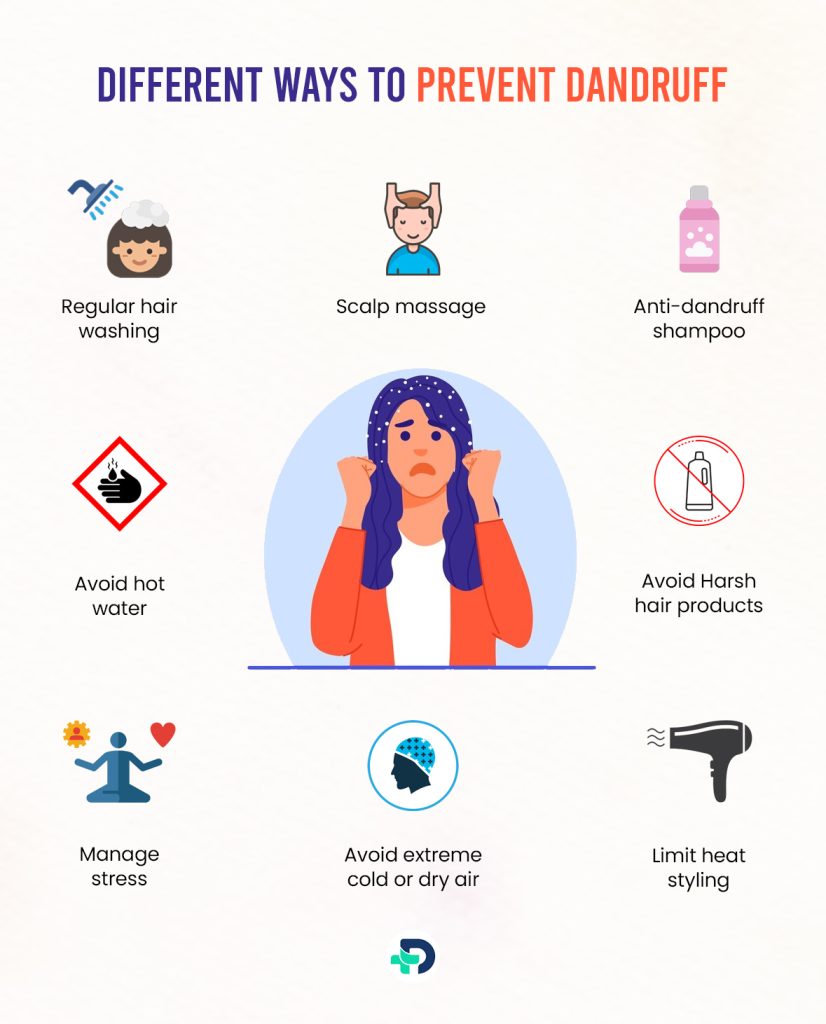
Different Ways to Prevent Dandruff
Regular hair washing
- Use a gentle shampoo with a balanced pH to frequently wash your hair. Cleansing frequently might help get rid of extra oil and dead skin cells.
Anti-dandruff shampoo
- Consider using an anti-dandruff shampoo as part of your regular hair care regimen if you are prone to dandruff. These can help control the growth of the Malassezia fungus and reduce flaking.
Scalp massage
- While washing, massaging your scalp helps enhance blood flow and reduce the development of dead skin cells.
Avoid hot water
- When washing your hair, avoid using hot water as it can strip off the scalp’s natural oils, potentially leading to dryness.
Avoid Harsh hair products
- The scalp might become irritated by some hair styling products. Avoid overusing style gels and sprays and choose for hair products that are mild on the scalp.
Rinse thoroughly
- Ensure that you raise your hair and scalp entirely after shampooing to remove all traces of shampoo and conditioner.
Limit heat styling
- Dry scalp can be a result of overusing heat styling products like hair dryers and straighteners.
Avoid extreme cold or dry air.
- Protect your scalp from extreme weather conditions by wearing hats or scarves in cold weather, and consider using a humidifier in dry indoor environments.
Manage stress
- High amounts of stress might make the symptoms worse; try stress-reduction methods like yoga, meditation, or deep breathing. 7 Prevention | Researched based study from The National Health Service
FAQs
Frequently Asked Questions About Dandruff
Q. Can dandruff go away alone?
- It can sometimes improve or go away on its own, especially if it is mild and not caused by an underlying skin condition.
- Factors such as changes in weather, lifestyle, or personal health can influence the severity of symptoms.
Q. Does leaving hair wet cause dandruff?
- Leaving your hair wet for an extended period, such as not drying it properly after washing, can sometimes contribute to the development of dandruff.
Q. Should I wash my hair every day if I have dandruff?
- Washing your hair daily may not be necessary or even advisable, especially if you have dandruff.
- Washing your hair too frequently can strip away the natural oils that help keep your scalp and hair healthy, potentially exacerbating the symptoms or causing dryness.
Any feedback on this article?
 This Articles content was accurate
This Articles content was accurate Very Informative Article
Very Informative Article I have a question or a comment
I have a question or a comment
 This article contains inaccurate content
This article contains inaccurate content This article was not helpful
This article was not helpful I have a question or a comment
I have a question or a comment
We appreciate your helpful feedback!
Checkout our social pages
References
-
National Institutes of Health
Introduction
-
ScienceDirect
Symptoms | Causes
-
Research Gate
Myths and Facts
-
National Institutes of Health
Diagnosis
-
National Institutes of Health
Treatment
-
National Institutes of Health
Home remedies
-
The National Health Service
Prevention












